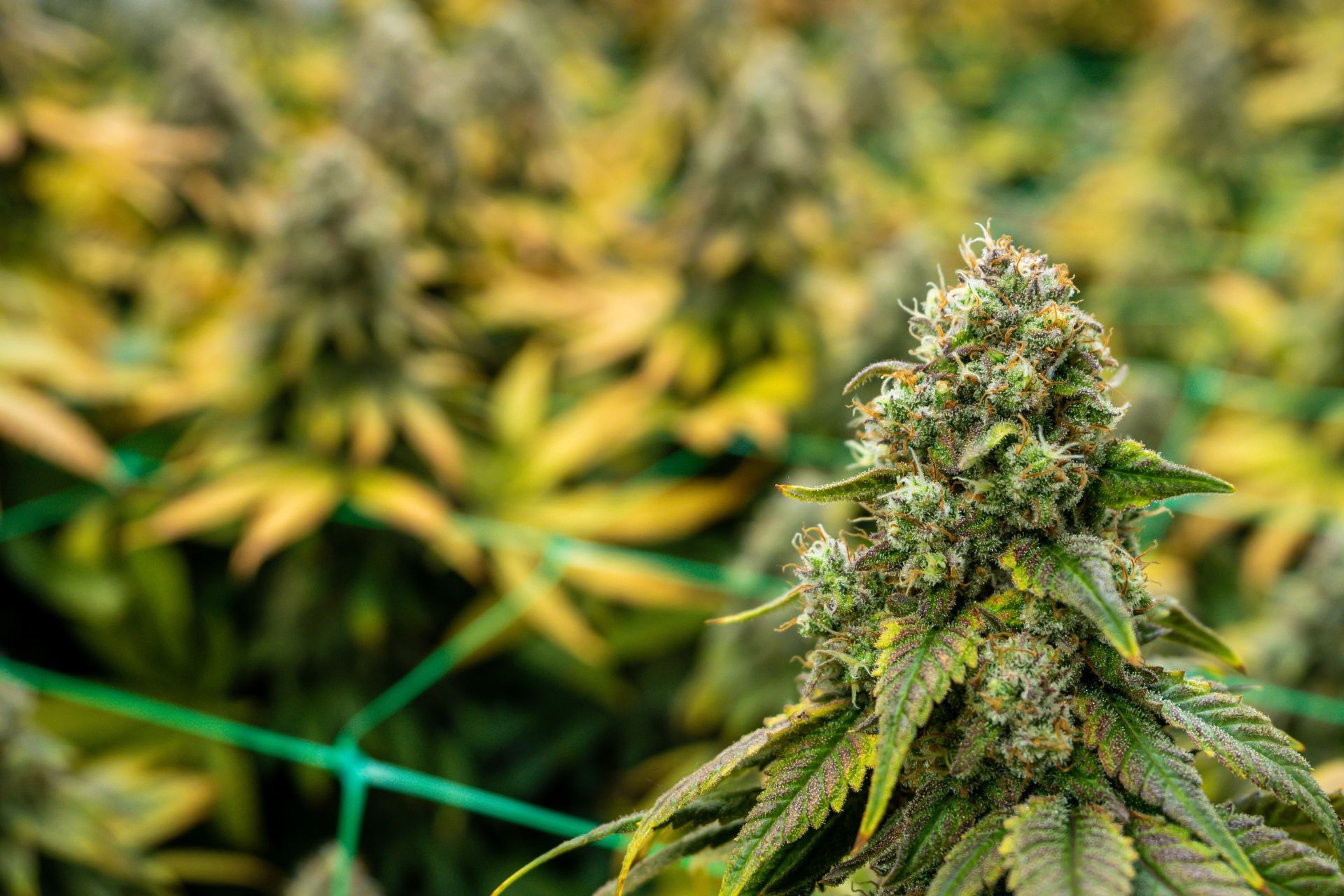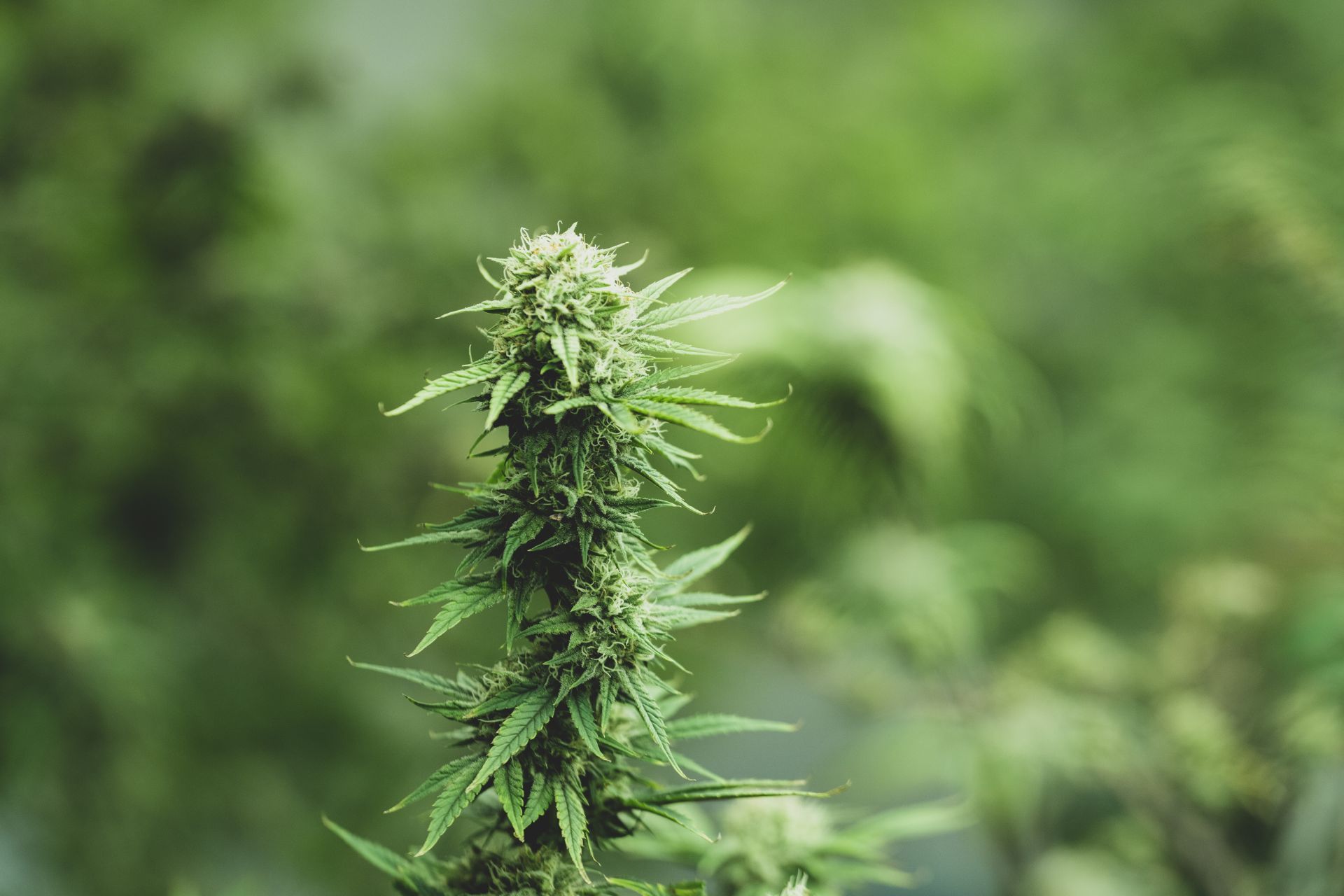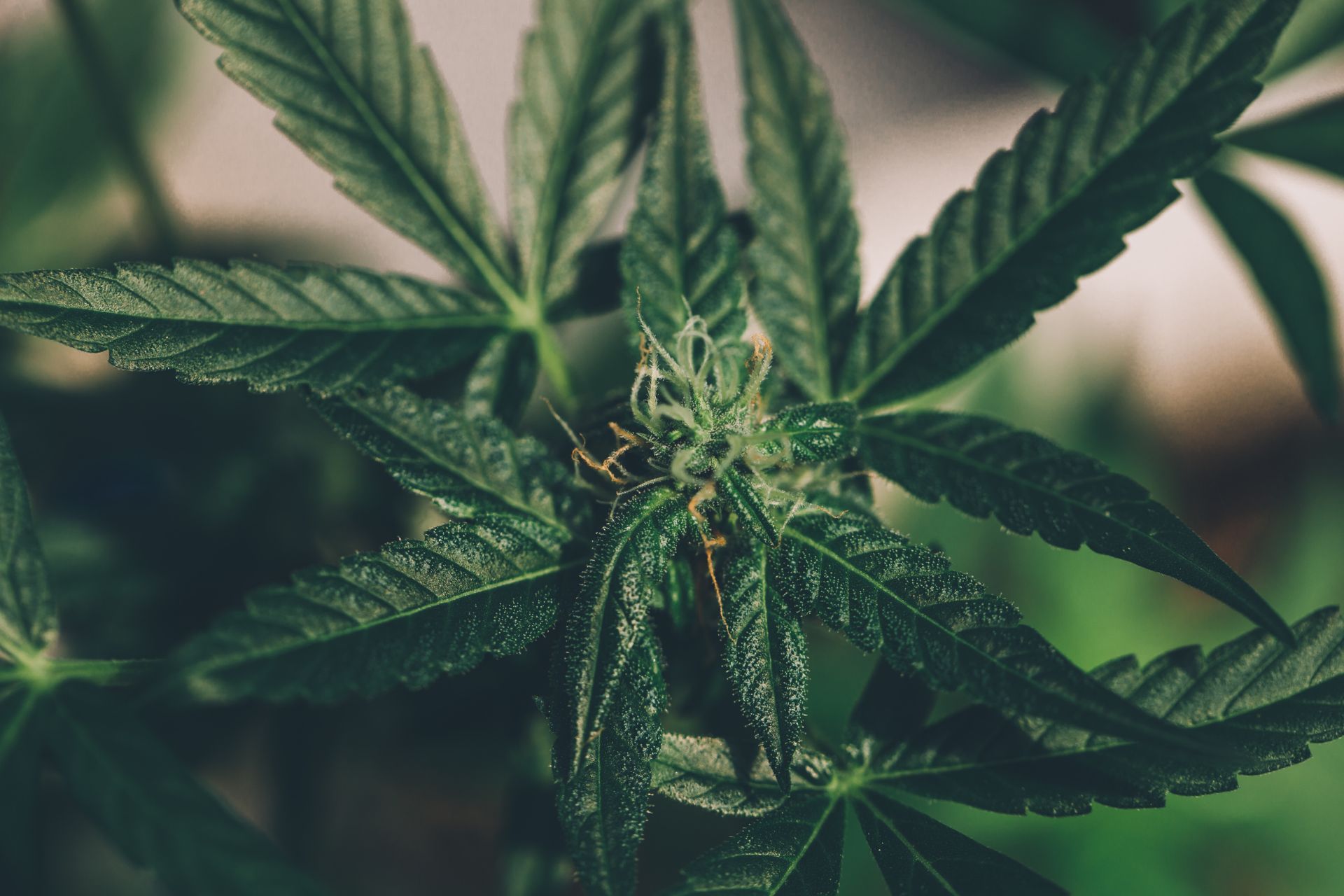Why Equipment Breakdown Insurance Matters to Cannabis Processors
See How We're Different
or call us: (215) 653-8411
In 2022, business property insurance covered over $202 million in losses related to equipment breakdowns, highlighting how costly these incidents can be for businesses across sectors, including cannabis processing [frontierrisk.com]. Understanding why this insurance matters can help cannabis processors protect their investments and maintain profitability.
The Role of Equipment Breakdown Insurance in Cannabis Processing
Cannabis processors rely on complex equipment such as extraction machines, laboratory tools, and climate control systems. These machines are essential for producing high-quality products but are also vulnerable to mechanical failures, electrical issues, and operator errors. Equipment breakdown insurance covers the repair or replacement costs of these machines, minimizing financial disruption.
Experts emphasize that this type of coverage is not optional but necessary for cannabis businesses. According to industry specialists, "Equipment breakdown insurance is a vital component of coverage because cannabis processors utilize sophisticated processing equipment, including extraction machines and laboratory tools" [cannabisinsurancecost.com]. Without it, a single malfunction could lead to significant downtime and lost revenue.
Why Cannabis Equipment Is Particularly Vulnerable
Insurance Market Challenges and Coverage Availability
Industry reports reveal that equipment breakdown coverage is under increasing scrutiny. Some insurance programs are even losing the ability to offer this coverage for new and renewal cannabis accounts [amwins.com]. This tightening market makes it essential for cannabis processors to understand their insurance options and work closely with brokers who specialize in this field.
Insurers evaluate several factors when deciding on coverage availability and pricing. These include the type of equipment, the facility’s safety protocols, and the overall risk profile of the business. Other coverages like general liability, product liability, and workers’ compensation also play a role in the underwriting process [woodruffsawyer.com]. Navigating these complexities requires expertise and proactive risk management.
Strategies for Cannabis Processors to Secure Coverage
Financial Impact of Equipment Breakdowns on Cannabis Businesses
In 2022, business property insurance claims related to equipment breakdowns amounted to $202.7 million in covered losses [frontierrisk.com]. This figure underscores the scale of risk businesses face. Without proper insurance, companies must absorb these costs directly, threatening their financial stability. Furthermore, the unique nature of the cannabis market, with its fluctuating prices and legal complexities, means that any financial setback can have long-lasting repercussions. Companies may find themselves unable to invest in growth opportunities or meet operational costs, further exacerbating their vulnerabilities.
Business Interruption and Its Consequences
Broader Risk Landscape for Cannabis Processors
Equipment breakdown is just one of several risks cannabis processors face. The industry also contends with threats such as burglary, liability claims, and regulatory compliance challenges. In 2023, over 400,000 business burglaries were reported in the United States, highlighting the need for comprehensive protection beyond equipment coverage [frontierrisk.com].
Experts note that insurers assess a range of coverages when underwriting cannabis accounts, including errors and omissions, excess/umbrella policies, and surety bonds [woodruffsawyer.com]. A well-rounded insurance strategy helps processors manage diverse risks and maintain operational resilience.
Integrating Equipment Breakdown Insurance with Other Coverages
What Cannabis Processors Should Know About Equipment Breakdown Insurance
| Coverage Aspect | What to Look For | Why It Matters |
|---|---|---|
| Scope of Coverage | Includes mechanical, electrical, and pressure systems | Covers the most common causes of equipment failure |
| Business Interruption | Coverage for lost income during downtime | Protects cash flow when production stops |
| Inventory Protection | Coverage for spoiled or damaged product | Preserves value of perishable goods |
| Deductibles and Limits | Reasonable out-of-pocket costs and adequate limits | Balances affordability with sufficient protection |
| Claims Process | Clear procedures and responsive support | Ensures quick recovery after a loss |
Before You Go: Protecting Your Cannabis Processing Business
Frequently Asked Questions
Q: What does equipment breakdown insurance cover for cannabis processors?
Q: Why is equipment breakdown insurance important for cannabis businesses?
Q: Can equipment breakdown insurance cover business interruption?
Q: How can cannabis processors improve their chances of getting equipment breakdown coverage?
Q: Is equipment breakdown insurance included in standard business property insurance?

Article By: Deb Sculli
Cannabis Insurance Specialist




